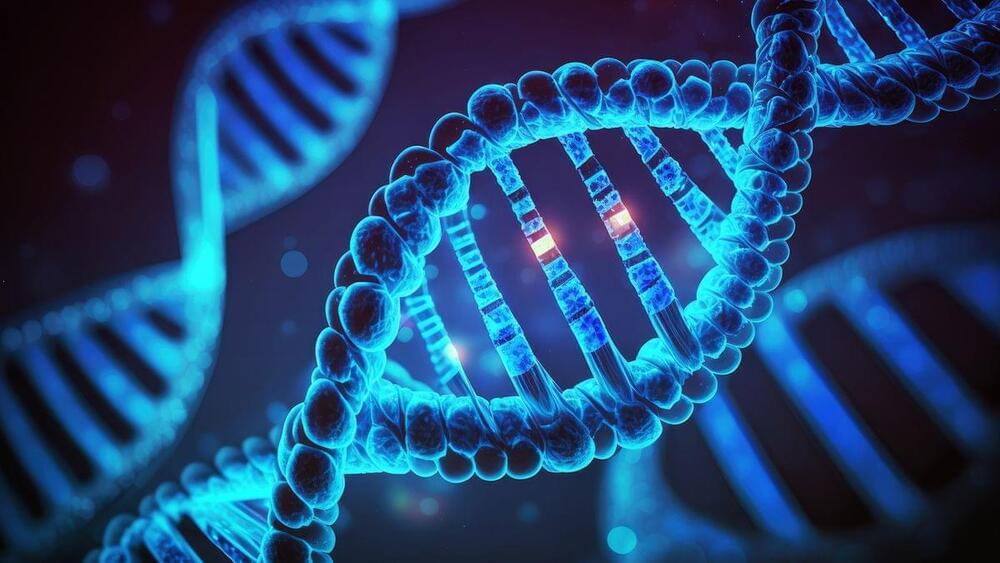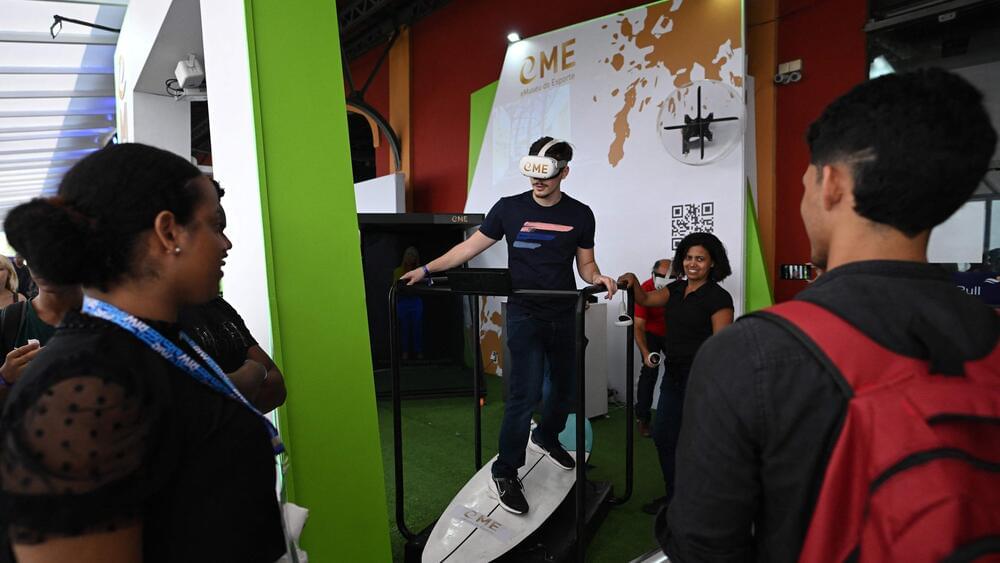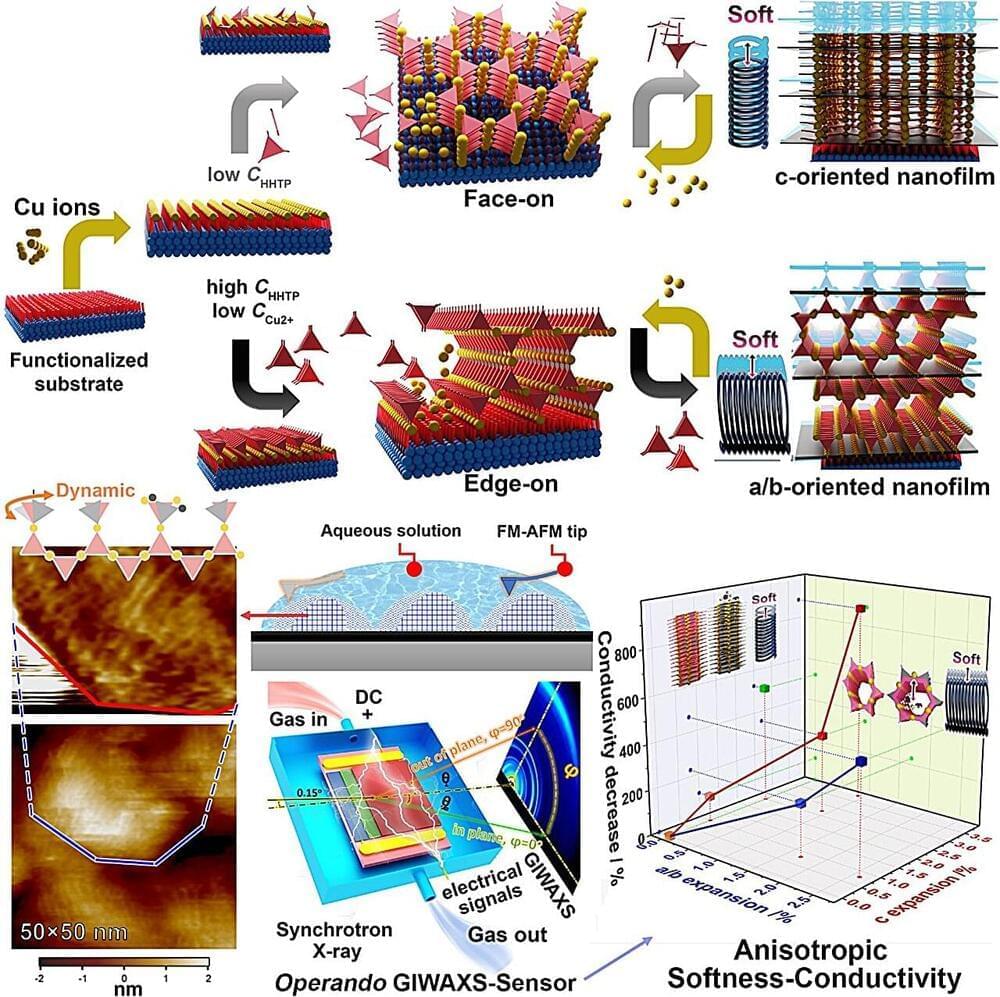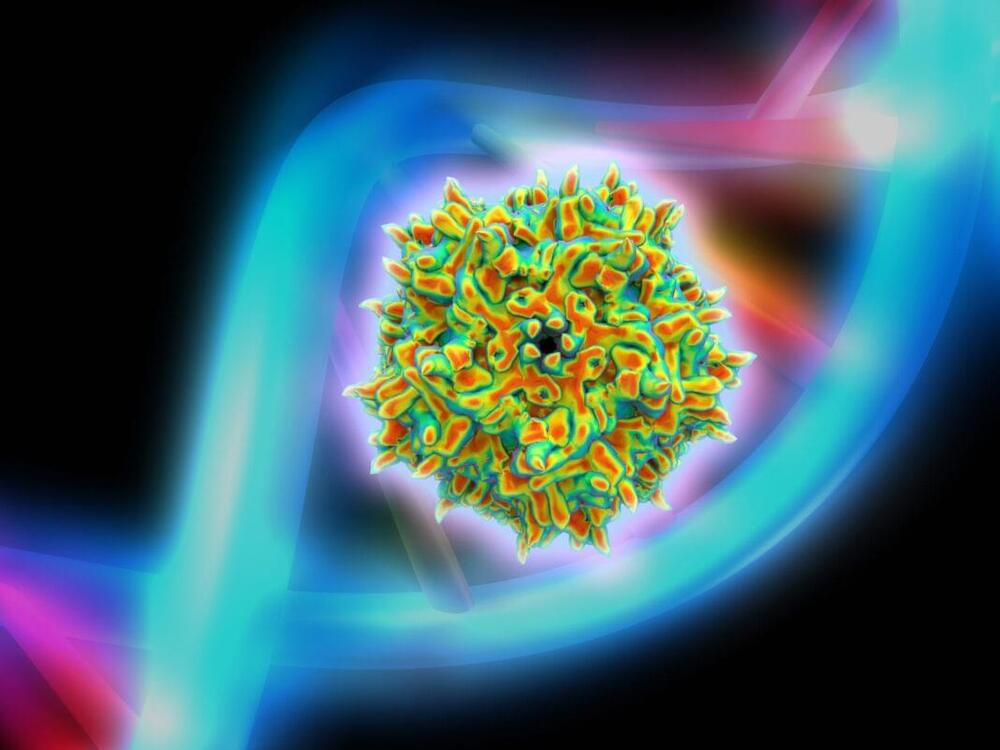Here is how the brain adapts to diverse styles.



Scientists at Yale and the Southwest Research Institute (SRI) say they’ve hit the jackpot with some valuable new information about the story of gold.
It’s a story that begins with violent collisions of large objects in space, continues in a half-melted region of Earth’s mantle, and ends with precious metals finding an unlikely resting spot much closer to the planet’s surface than scientists would have predicted.
Jun Korenaga, a professor of Earth and planetary sciences in Yale’s Faculty of Arts and Sciences, and Simone Marchi, a researcher at SRI in Boulder, Colorado, provide details in a study in the journal Proceedings of the National Academy of Sciences.


Summary: Researchers unveil the medial septum’s pivotal role in orchestrating memory storage and recall through managing rapid brain wave cycles in the hippocampus. Employing various research methodologies, including optogenetics, the team observes how gamma oscillations, embedded in theta rhythms, facilitate seamless switching between memory encoding and retrieval.
These fast and slow gamma waves, crucial for memory functions, are dictated through two primary pathways via the medial septum, showcasing a sophisticated coordination in memory processes. This insight illuminates potential avenues for understanding and eventually addressing memory-related illnesses like dementia.

Arithmetic, rooted in our biological perception, is a natural consequence of how we perceive and organize the world around us. This connection between perception and mathematical truths suggests that mathematics is both a uniquely human invention and a universal discovery, highlighting a profound unity between the mind and the physical universe…

The concept that we are all computer-generated characters occupying a world as real as the ones gamers explore on their PlayStation consoles isn’t exactly a new one.
As far back as 1999, Morpheus was entering “The Matrix” to break Neo and a few other chosen few out of a simulated reality created by advanced machines in order to use humans as an energy source. But as the idea permeates not just the realm of science fiction and popular culture, but academia as well, every now and then a philosopher or physicist has something new to say about it.
That’s what happened this week when a physicist at the University of Portsmouth in the United Kingdom proposed that a new law of physics could support the theory that what we see as our reality is in fact a complex virtual simulation running on a cosmic computer. The theory stems from previous research that Dr. Melvin Vopson has conducted looking into whether information has mass.

Exploring the interface between classical and quantum physics and where it breaks down to provide answers for some long-standing mysteries.
To understand the behavior of tiny, microscopic entities such as elementary particles, atoms, and even molecules, it is necessary to apply the mind-bending principles of quantum mechanics. In this realm, physics takes on bizarre properties necessary to unravel the perplexing behaviors of the Universe at this level.
In stark contrast, the macroscopic world we navigate daily adheres faithfully to the more comforting and intuitive laws of classical physics, which serve as approximations to much more complex quantum laws. These classical laws, while impressively accurate for our everyday experiences, merely graze the surface of the quantum mechanics that orchestrates the Universe at its smallest scales.

Researchers from the Institute of Process Engineering (IPE) of the Chinese Academy of Sciences and Kyoto University have proposed a strategy to grow “face-on” and “edge-on” conductive metal-organic frameworks (cMOF) nanofilms on substrates by controlling the “stand-up” behaviors of ligands on various surfaces to overcome the difficulty in the orientation control of such films.
They established operando characterization methodology using atomic force microscopy and X-ray to demonstrate the softness of the crystalline nanofilms and reveal their unique conductive functions. The study was published in Proceedings of the National Academy of Sciences on Sept. 25.
CMOFs have great potential for use in modern electrical devices due to their porous nature and the ability to conduct charges in a regular network. cMOFs applied in electrical devices normally hybridize with other materials, especially substrates. Therefore, precisely controlling the interface between a cMOF and a substrate is crucial.

